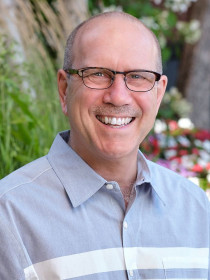
Mark R. Warren
Connect with Mark
About Mark
Warren is a sociologist and community engaged scholar who studies and works with community, parent and youth organizing groups seeking to promote equity and justice in education, community development and American democratic life. He is a leading expert in the study of contemporary community organizing. Warren studies efforts to strengthen institutions that anchor low-income communities – public schools, religious congregations and other community-based organizations – and to build broad-based alliances among these institutions and across race and social class. Warren has co-founded several networks promoting activist scholarship, community organizing and education justice.
Contributions
Lessons from the 2016 Boston Public School Walkouts
The Promise of Community Organizing for School Reform
In the News
Publications
Documents and analyzes how Black and Brown parents and students, with their allies in the legal, advocacy and research community, built a movement that changed zero tolerance school discipline policy across the country, created restorative justice alternatives, and began to remove or defund school police. Argues for the vital contribution of people most impacted by injustice to equity-oriented education policy and offers a new theory of racial and social justice movements as accountable to local grassroots organizing rather than Washington-based professional.
Argues that collaborative, community-engaged scholarship (CCES) must meet high standards of rigor if it is to be useful to support equity-oriented, social justice agendas. Discusses the importance or relationship building and trust in addressing the tensions that can arise between the demands of knowledge production and action-oriented social change.
Features voices from the frontlines of a new movement for educational justice that is growing across the United States. Recounts organizers' and activists' journeys to movement building, lifts up victories and successes, and offers practical organizing strategies and community-based alternatives to traditional education reform and privatization.